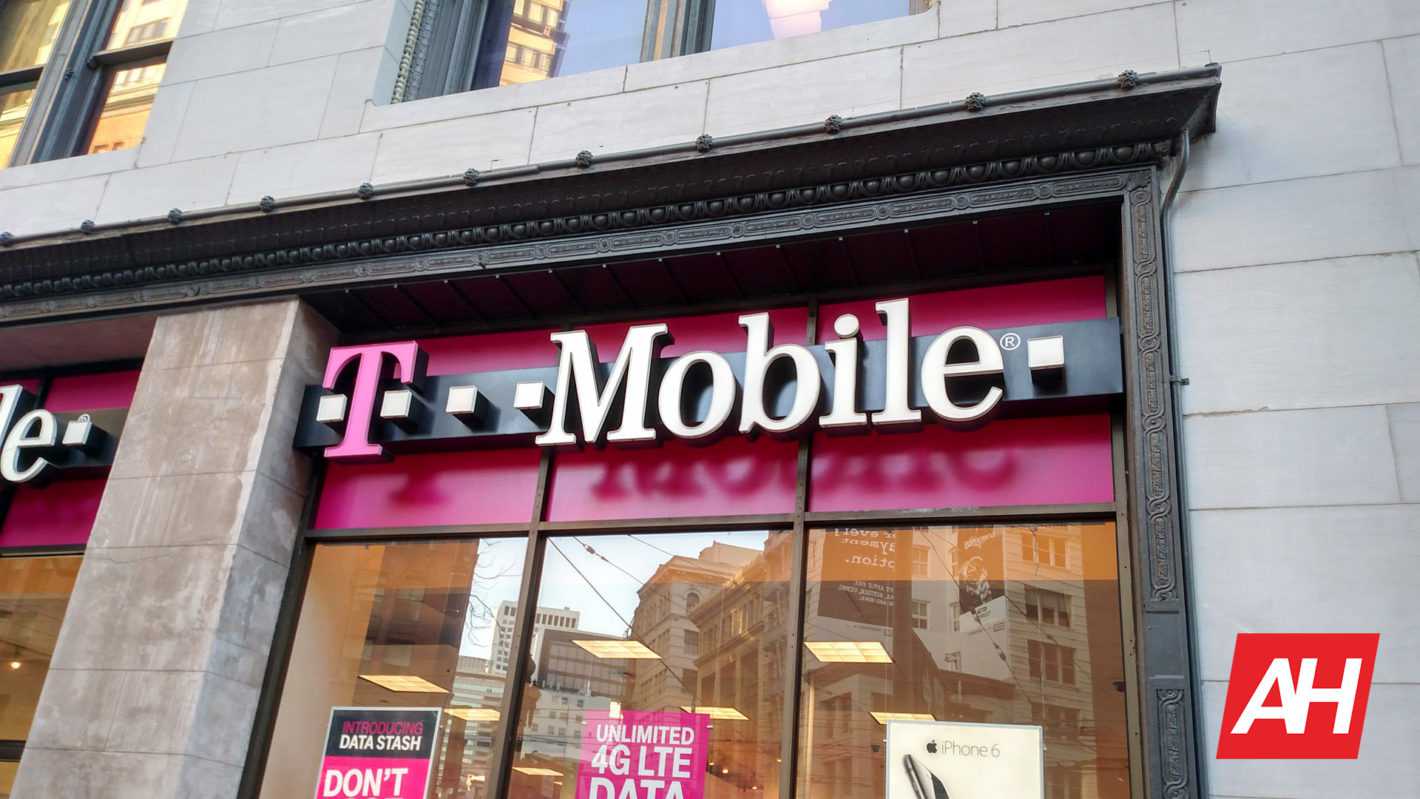T-Mobile Continues Crazy Growth, 5G Plans Get 'Aggressive' In Q4 2018

T-Mobile continued its remarkable growth and is still way ahead of its competitors in terms of net subscriber additions, as revealed by the company's consolidated financial report for the fourth quarter of 2018 published just moments ago.
A money-making machine
The Bellevue, Washington-based firm increased its customer base by 2.4 million subscribers over the three-month period, with its total 2018 net adds amounting to 7 million. As of December 31, T-Mobile has nearly 80 million customers and is on course to increase that figure by around ten-percent by the end of this year, its proposed merger with Sprint notwithstanding. What further illustrates the company's upward momentum is the fact that this is the 23rd quarter in a row that it posted net adds north of a million people. Assuming it does the same for Q1 2019, that's six straight years of crazy growth in one of the most saturated wireless markets on the planet.
$11.4 billion in quarterly revenue is a new record for the company, as is the $43.4-billion turnover generated during the entire year. T-Mobile also posted $640 million and $2.9 billion in quarterly and annual net income, respectively. While the former figure marks a 76-percent decline and the latter one is 36-percent down year-on-year, both are actually interpreted as positive indicators as the 2018 profitability boost T-Mobile received from the Tax Cuts and Jobs Act was unsustainable for obvious reasons. Not accounting for TCJA, the firm actually improved its profitability by 21-percent quarterly and 22-percent annually.
Aggression on the 5G front
T-Mobile reiterated its commitment to the fifth generation of mobile networks as part of the Thursday report, asserting that it's becoming more "aggressive" in regards to its efforts to prepare for large-scale 5G deployments. Depending on one's definition of those rollouts, the company may have actually started them already; following its massive 600MHz acquisition in 2017, the firm invested significant resources in making its existing sites compatible with the said spectrum. Those upgrades also entail 5G compatibility, so all of the company's 600MHz-supported cell sites will also be able to deliver non-standalone 5G connectivity.
Around a year's worth of network modifications later, T-Mobile's 600MHz network is now available in more than 2,700 urban locations across the United States. Device compatibility is a much bigger issue seeing how only 29 smartphones currently support the service, with most of them being Android handsets released in the last 12 months. On the bright side, T-Mobile customers appear to be benefitting from its 600MHz service even without 5G as their LTE speeds are now reported to be even greater than before. While performance figures vary, most major industry trackers believe T-Mobile's network is the fastest in the country by some margin.
A wireless Megazord
Based on T-Mobile's stellar results posted over the last several years that show promising performance in virtually every respect, Verizon and AT&T seemingly have a lot to worry about is the company succeeds in its intention to combine with Sprint. Strengthened by its smaller rival's subscribers and vast 2.5GHz assets, the firm would be in an excellent position to win the 5G race in the U.S. and mount a legitimate challenge to the U.S. wireless throne in the medium term, many industry watchers agree.
Source: https://www.androidheadlines.com